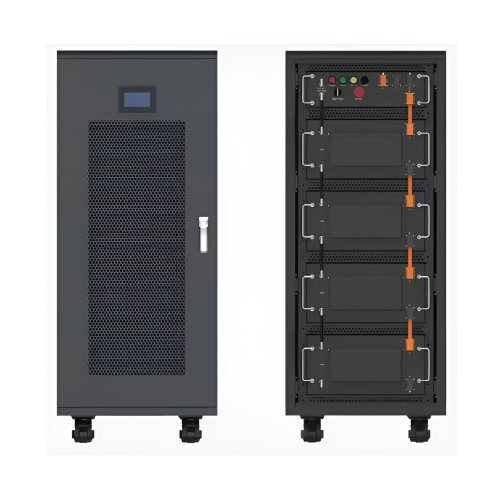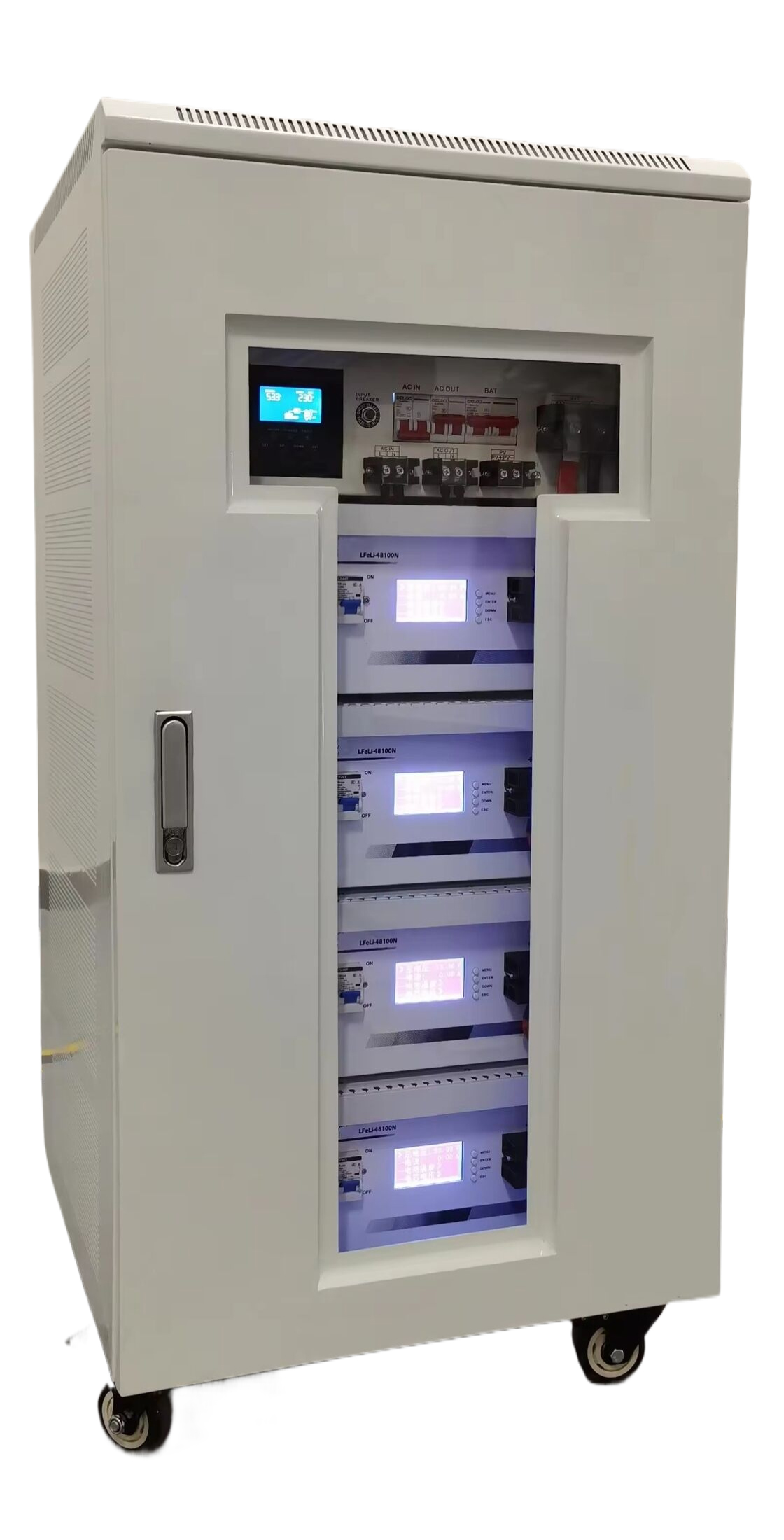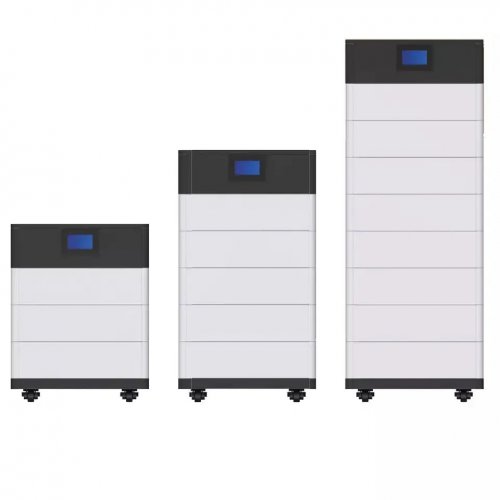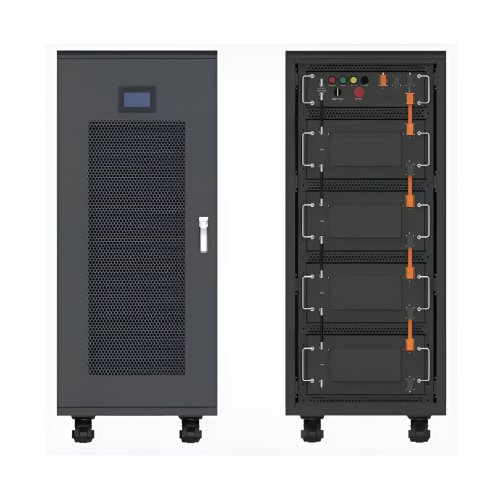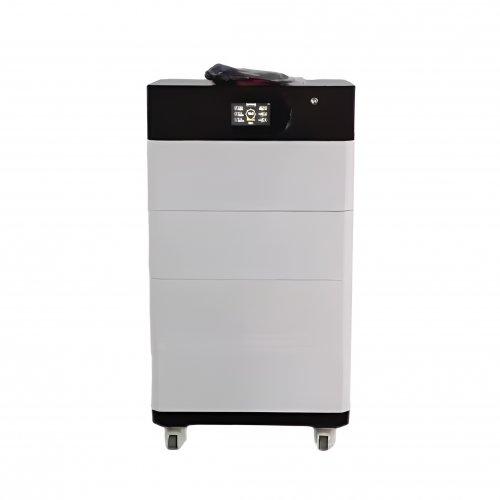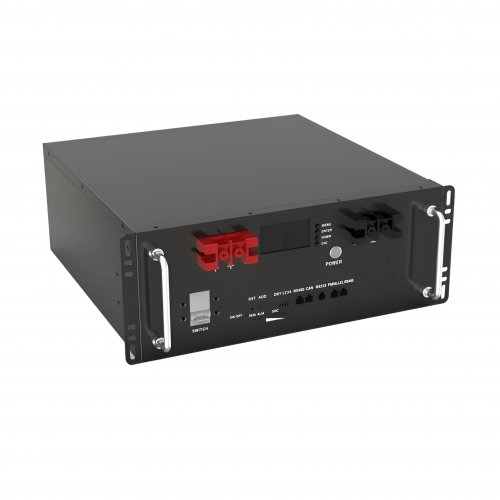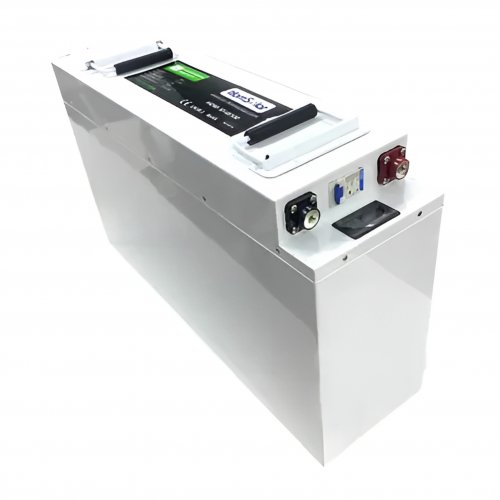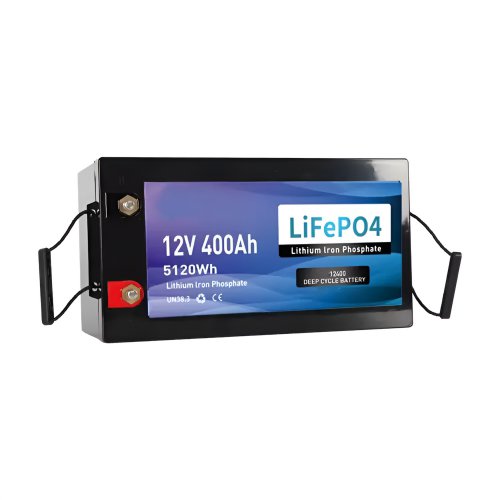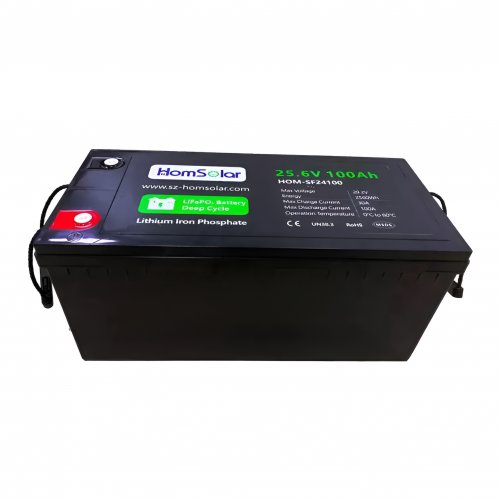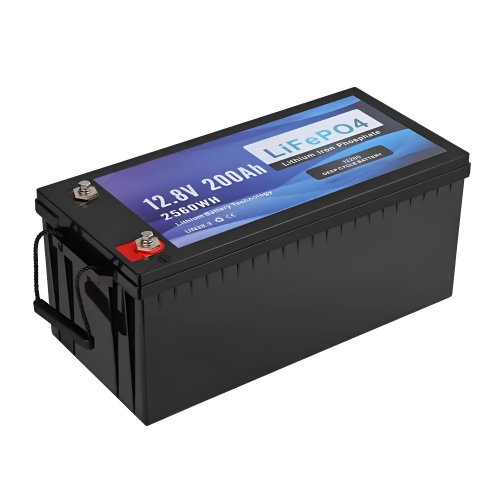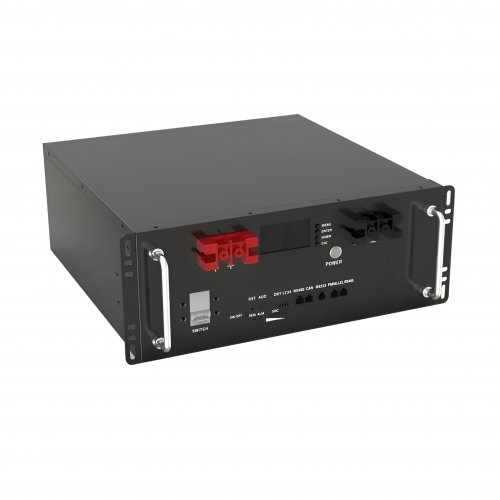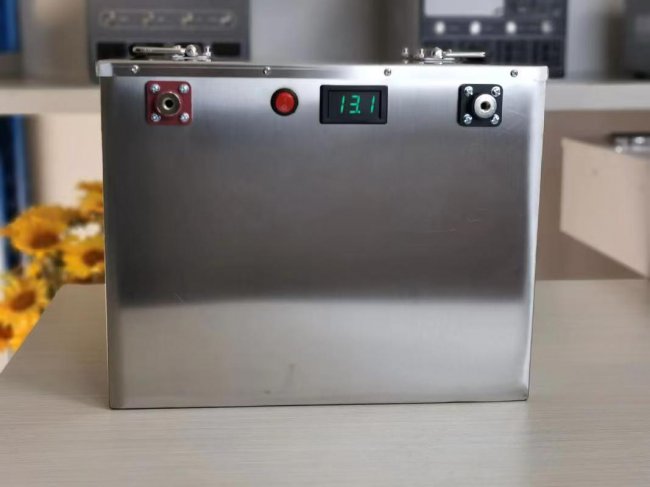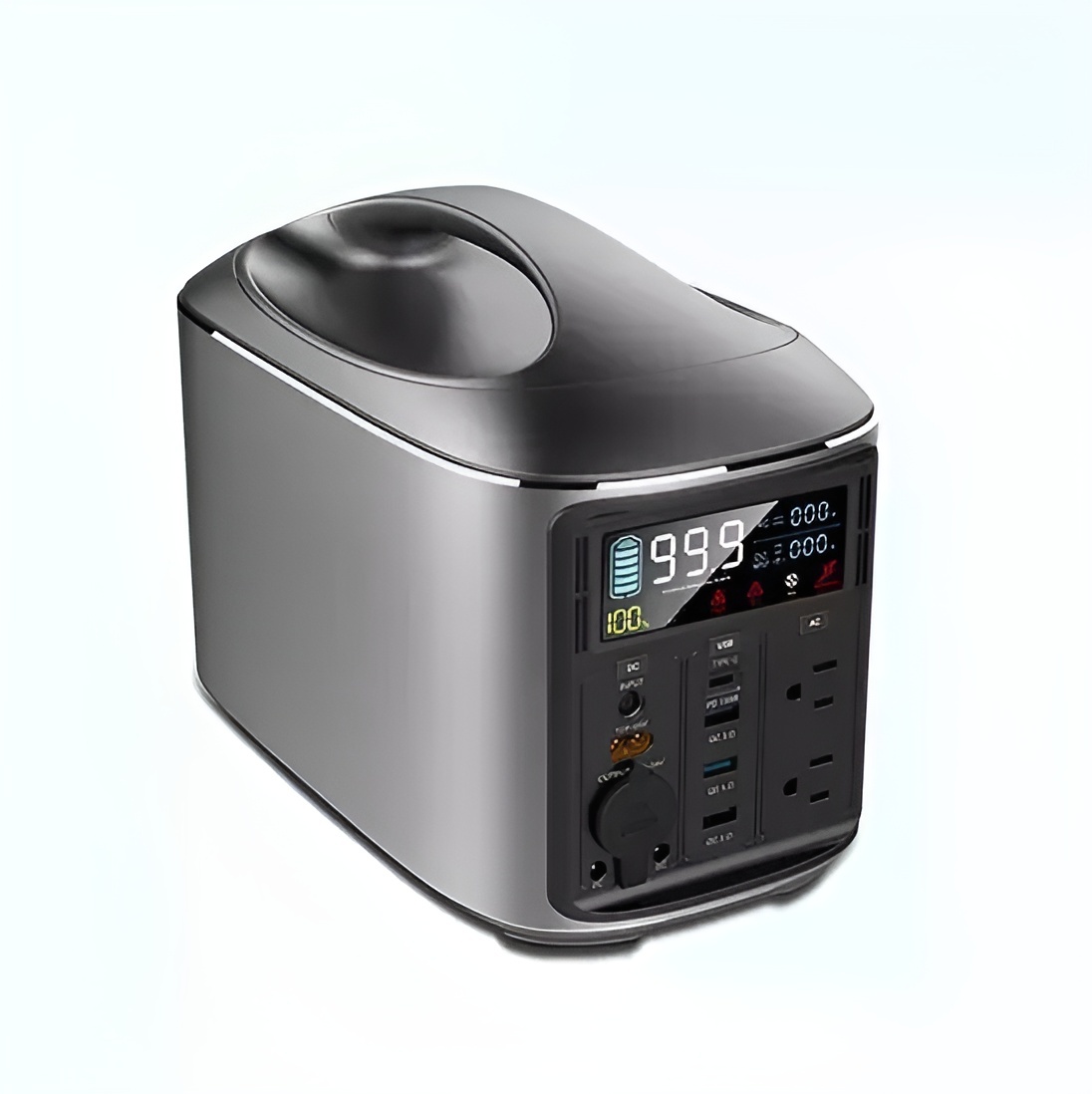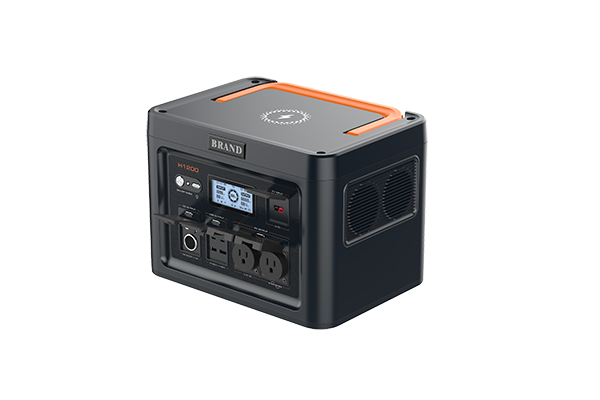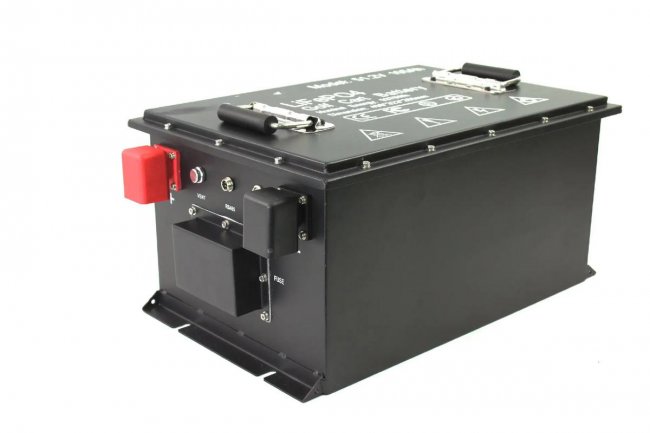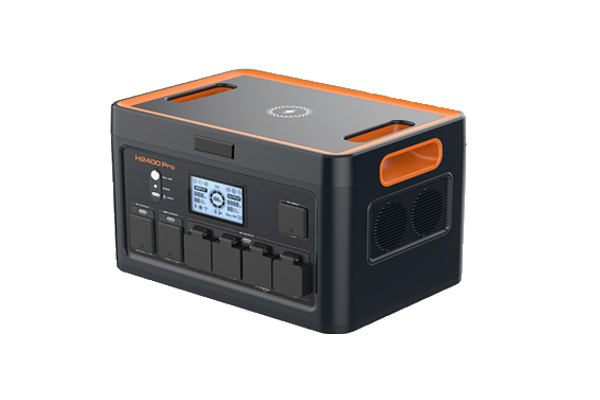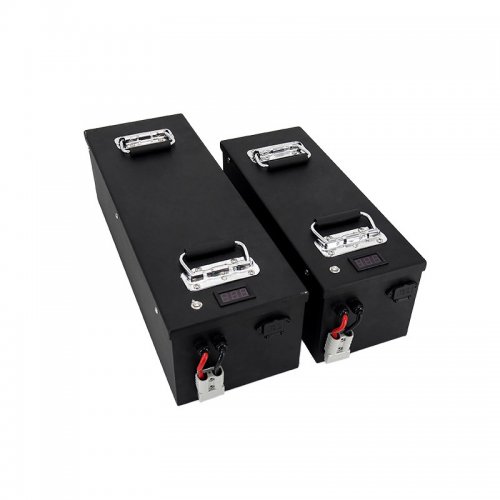Solid-state Batteries News: Breakthroughs, Challenges, And The Road To Commercialization
The race to develop solid-state batteries (SSBs) has intensified as automakers, tech giants, and startups vie for a foothold in what many consider the next frontier of energy storage. With promises of higher energy density, faster charging, and improved safety compared to conventional lithium-ion batteries, SSBs could revolutionize electric vehicles (EVs), consumer electronics, and grid storage. Recent advancements, however, are tempered by lingering technical and economic hurdles.
In 2024, several key players have announced significant milestones. Toyota, a long-time proponent of SSBs, revealed plans to launch EVs equipped with solid-state batteries by 2027–2028, leveraging partnerships with Panasonic and Idemitsu Kosan. The company claims its prototypes achieve a 20% improvement in range over lithium-ion equivalents while reducing charging times to under 10 minutes.
Meanwhile, QuantumScape, a U.S.-based startup backed by Volkswagen, reported progress in scaling up its proprietary ceramic separator technology. Early test results suggest its cells retain over 95% capacity after 1,000 cycles—a critical benchmark for automotive applications. Similarly, Solid Power, another industry contender, began delivering prototype cells to BMW and Ford for validation, targeting mass production by 202 6.
On the materials front, researchers at the University of Texas Austin unveiled a new class of solid electrolytes that mitigate dendrite formation—a major cause of battery failure. Their findings, published inNature Energy, could accelerate the adoption of lithium-metal anodes, further boosting energy density.
1. Automotive Dominance: The EV sector remains the primary driver of SSB investment. With global EV sales projected to surpass 40 million units annually by 2030, automakers are under pressure to overcome range anxiety and charging bottlenecks. SSBs’ potential to deliver 500+ miles per charge positions them as a game-changer.
2. Supply Chain Realignment: Traditional lithium-ion supply chains are ill-suited for SSBs, which require novel materials like sulfide or oxide electrolytes. Companies are scrambling to secure partnerships with mining firms (e.g., lithium, germanium) and electrolyte producers. CATL, the world’s largest battery manufacturer, recently invested $2 billion in sulfide electrolyte R&D.
3. Hybrid Approaches: Some firms are exploring semi-solid-state designs as a transitional solution. These hybrids, like those from China’s WeLion, combine solid electrolytes with liquid additives to ease manufacturing challenges. While less efficient than pure SSBs, they may bridge the gap to full commercialization.
Industry leaders remain divided on timelines. Dr. Venkat Viswanathan, a battery expert at Carnegie Mellon University, notes, "The science is proven, but engineering hurdles—especially around cost and scalability—are formidable." SSBs currently cost 2–3 times more to produce than lithium-ion batteries, though economies of scale could narrow the gap by 2030.
Others highlight safety as a non-negotiable advantage. "Solid-state batteries eliminate flammable liquid electrolytes, reducing fire risks," says Dr. Shirley Meng of the University of Chicago. This could be pivotal for applications like aviation and medical devices.
However, skeptics warn of overpromising. Tesla’s Elon Musk has downplayed SSBs’ near-term impact, calling them "not a silver bullet" due to unresolved issues like interfacial instability between materials.
Analysts agree that 2024–2030 will be decisive. Governments are stepping in: Japan’s Green Innovation Fund pledged $1.4 billion to SSB development, while the U.S. DOE allocated $300 million under the Bipartisan Infrastructure Law. Startups must now transition from lab-scale breakthroughs to gigawatt-hour production—a leap few have managed.
For consumers, the payoff could be transformative: lighter, longer-lasting devices and EVs that charge as quickly as refueling a gas car. But as the industry navigates material science and manufacturing complexities, patience—and continued investment—will be key.
The solid-state battery revolution is coming, but its arrival date remains uncertain. One thing is clear: the stakes have never been higher.
Customized/OEM/ODM Service
HomSolar Supports Lifepo4 battery pack customization/OEM/ODM service, welcome to contact us and tell us your needs.


HomSolar: Your One-stop LiFePO4 Battery Pack & ESS Solution Manufacturer
Our line of LiFePO4 (LFP) batteries offer a solution to demanding applications that require a lighter weight, longer life, and higher capacity battery. Features include advanced battery management systems (BMS), Bluetooth® communication and active intelligent monitoring.

Customised Lithium Iron Phosphate Battery Casing
ABS plastic housing, aluminium housing, stainless steel housing and iron housing are available, and can also be designed and customised according to your needs.

HomSolar Smart BMS
Intelligent Battery Management System for HomSolar Energy Storage System. Bluetooth, temperature sensor, LCD display, CAN interface, UART interface also available.


Terminals & Plugs Can Be Customized
A wide range of terminals and plugs can be customised to suit the application needs of your battery products.

Well-designed Solutions for Energy Storage Systems
We will design the perfect energy storage system solution according to your needs, so that you can easily solve the specific industry applications of battery products.



About Our Battery Cells
Our energy storage system products use brand new grade A LiFePO4 cells with a battery lifespan of more than 4,000 charge/discharge cycles.



Applications in Different Industries
We supply customized & OEM battery pack, assemble cells with wiring, fuse and plastic cover, all the cell wires connected to PCB plug or built BMS.
Applications: E-bike, Electric Scooter, Golf Carts, RV, Electric Wheelchair, Electric Tools, Robot Cleaner, Robot Sweeper, Solar Energy Storage System, Emergency Light, Solar Power Light, Medical Equipment, UPS Backup Power Supply.
We can provide you with customized services. We have the ability to provide a vertical supply chain, from single cells to pack/module and to a complete power solution with BMS, etc.


HomSolar (Shenzhen) Technology Co., Ltd







